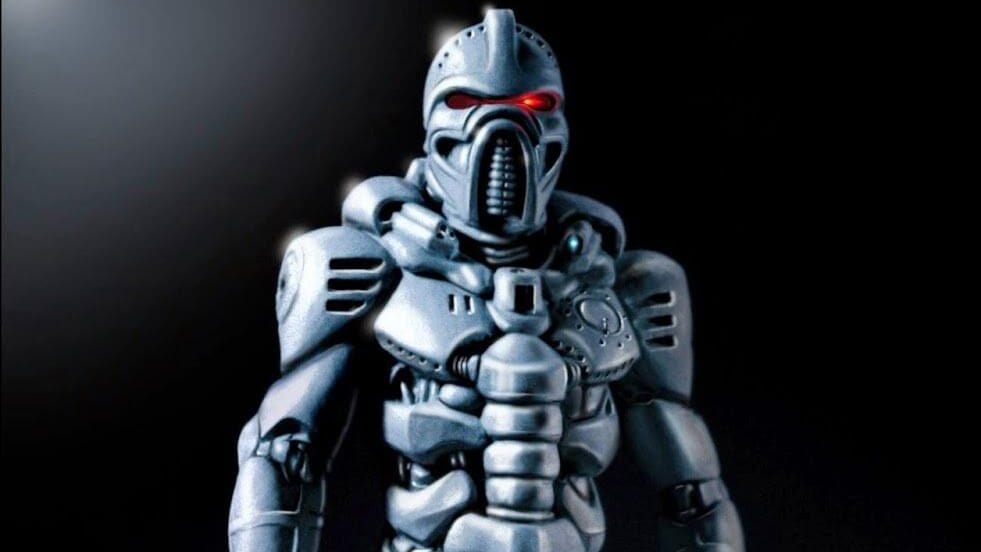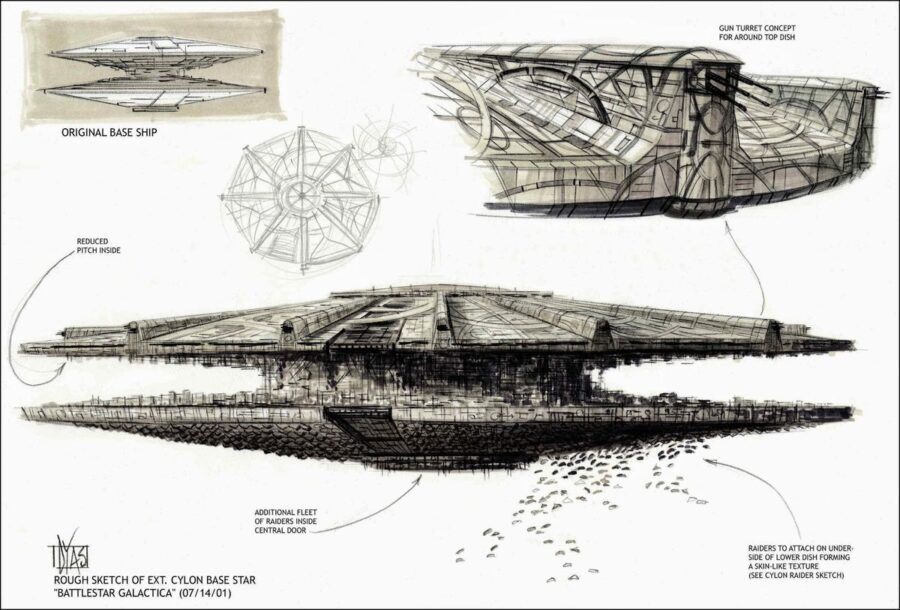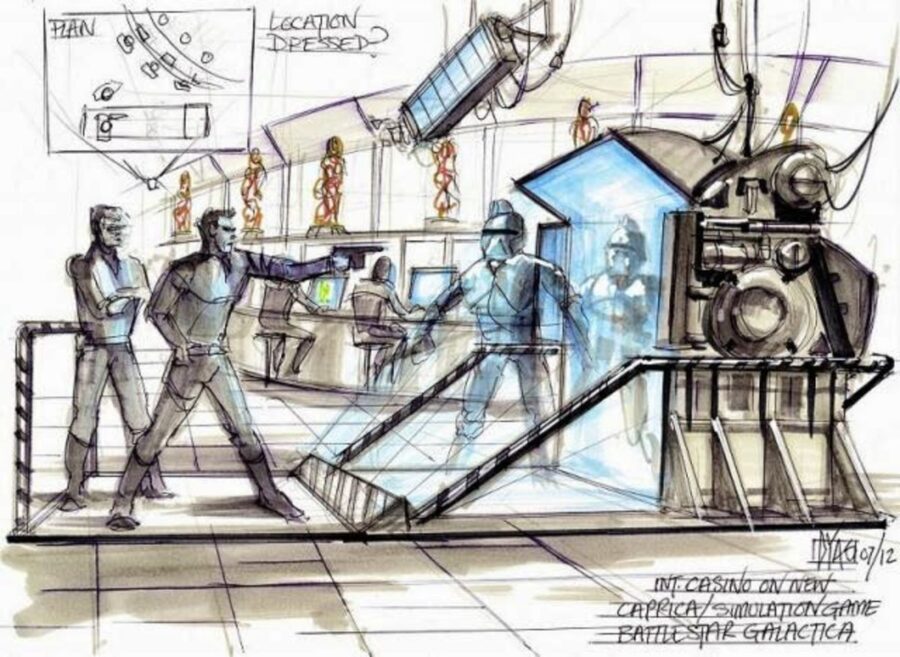By Chris Snellgrove | Published

A reboot of the classic and iconic sci-fi series Battlestar Galactica was in the works, but Peacock has now canceled the revamp. Fans have mixed feelings about the situation. It would be great to have another reboot as stunning as the 2003 Ronald D. Moore Show, but that show was of such quality that it would be difficult for a new series to touch the hem of its garment (a spicy red dress, of course). However, what far too many fans don’t realize is that there was an even earlier reboot, helmed by a legendary X-Men director. Bryan Singer originally wanted to create his own Battlestar Galactic reboot in 2001, but the project was canceled due to the September 11 terrorist attacks.
Singer had originally signed on to create a Battlestar Galactic reboot for Fox, a project born from the ashes of a failed feature film first conceived in 1999. The X Files had made Fox the surprise home of weird genre television and a reboot of something as culturally huge as Galactic likely would have been a major hit with viewers. However, after the September 11 attacks, the network was reluctant to continue production due to how much the American climate (cultural and political) had changed since the terrorist attack.

Clearly, Fox didn’t immediately kill the Battlestar Galactic restart. They worried about how audiences would perceive the show’s ethical and moral messages, ideas that network executives feared would no longer resonate with post-9/11 audiences. They nevertheless planned to continue the project if enough of these major differences could be resolved. But Bryan Singer had previously signed on to direct X2: X-Men Unitedextending the delays concerning its candidate Battlestar Galactic restart until it turns off slowly.
There is, however, a great deal of irony in the fact that Singer’s speech Battlestar Galactic the reboot was ultimately canceled thanks to the September 11 attacks. When Ronald D. Moore’s famous reboot was released in 2003, it was praised by many critics for serving as a sort of metaphor for post-9/11 America. While the country was in shock after an unexpected terrorist attack, the series focused on the survivors of an even more devastating Cylon sneak attack. The show quickly explored the delicate balance between security and freedom (like how much power the military commander should have versus the civilian president), even as America grappled with the post-9/11 Patriot Act.

For many, it was impossible to ignore how Moore’s speech Battlestar Galactic The reboot also seemed to be a commentary on America’s strange anti-Muslim madness in the wake of 9/11. Just as countless American citizens worried about whether terrorists might be hiding in their communities and being spotted across everything from skin color to religious affiliation, the series depicts humanity’s survivors at taken with the idea that there may be secret Cylon infiltrators hidden in the fleet. Sometimes the parallels became problematically confusing, like when we were supposed to support our heroes using IEDs even though those weapons were being used to kill American soldiers in the Middle East.
Long story short, even if concern over the 9/11 parallels was enough to kill Bryan Singer Battlestar Galacticthese same parallels helped Moore’s reboot thrive. Perhaps there is a lesson here for networks: audiences are not as valuable as they imagine and are willing to reward big creative developments even if (perhaps) especially if) they involve controversial content. And one big swing after another helped Moore create a television experience we’ll never forget.




